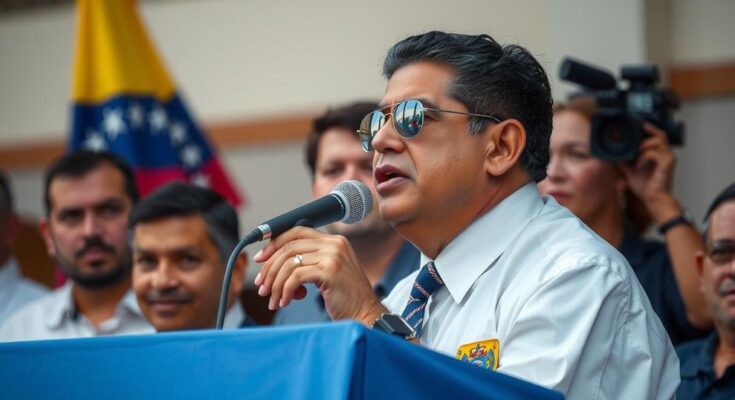Venezuelan President Maduro was sworn in for a third term amid disputes following a contentious election. The Biden administration extended protections for Venezuelans and El Salvadorans in the U.S., while Israel struck Houthi targets in Yemen, and new sanctions against Russia’s energy sector were announced.
On Friday, Venezuelan President Nicolas Maduro was officially sworn in for a third term amid international disputes regarding the legitimacy of the recent election results. Concurrently, the Biden administration announced the extension of Temporary Protected Status for hundreds of thousands of Venezuelans and El Salvadorans residing in the United States. Moreover, the Israeli military conducted attacks on specific targets in Yemen in response to drone strikes launched by Houthi forces directed at Israel. To cap off the day’s significant events, the Biden administration revealed new sanctions targeting Russia’s energy sector as part of ongoing international pressure.
The controversy surrounding Nicolas Maduro’s presidency is rooted in allegations of electoral fraud and human rights violations since he first took office. His recent re-election has been met with widespread condemnation from multiple countries and international organizations, which deemed the electoral process flawed. The Biden administration’s policies regarding Venezuelan and El Salvadoran communities reflect a broader commitment to immigration reform and humanitarian considerations within U.S. foreign policy. Furthermore, Israel’s military actions against Houthi forces underscore tensions in the Middle East, exacerbated by Iran’s influence and the ongoing conflict in Yemen. The sanctions against Russia’s energy sector indicate a strategic response to its international actions.
In summary, the swearing-in of President Maduro marks a continuing crisis in Venezuela’s political landscape, while the U.S. government extends protections for vulnerable populations amid these conflicts. Additionally, the Israeli military’s escalation in Yemen highlights regional volatility, and the Biden administration’s sanctions against Russia signify a robust stance against its aggressive policies. These developments reflect a complex interplay of domestic and international issues that demand careful consideration.
Original Source: www.thirteen.org




